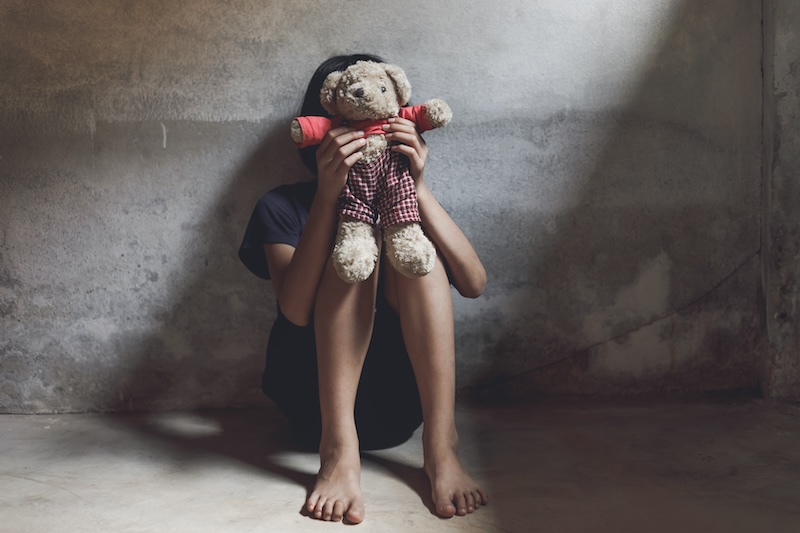Disruptive behavior disorders like Oppositional Defiant Disorder (ODD), Conduct Disorder (CD), and others can be incredibly challenging for both children and their families. At Pandora’s House Psychiatry, we understand the importance of evidence-based treatment in helping children develop healthier coping mechanisms and build stronger relationships. Today, we’ll break down three common therapies often used to address these disorders: Cognitive Behavioral Therapy (CBT), Dialectical Behavior Therapy (DBT), and Family Therapy.

1. Cognitive Behavioral Therapy (CBT):
Imagine your child’s thoughts and behaviors as a cycle. CBT helps them identify those negative thought patterns that fuel their outbursts or defiance. Here’s how:
- Identifying Triggers: CBT therapists work with your child to recognize situations or emotions that trigger disruptive behaviors.
- Challenging Negative Thoughts: Through exercises and discussions, they learn to question unhelpful thinking patterns, replacing them with more positive and realistic ones.
- Developing Coping Skills: Instead of acting out, your child learns healthier ways to express themselves, manage anger, and navigate difficult situations.
2. Dialectical Behavior Therapy (DBT):
DBT goes beyond just thoughts, focusing on managing strong emotions that often contribute to disruptive behaviors. Here’s what DBT can teach your child:
- Emotional Awareness: Identifying and understanding their emotions is the first step to managing them effectively.
- Distress Tolerance: DBT equips your child with skills to handle difficult emotions in a healthy way, reducing the urge to act out.
- Regulation Strategies: They learn techniques like mindfulness and relaxation exercises to calm themselves down when upset.
- Communication Skills: DBT teaches assertive communication skills so your child can express their needs and wants effectively.
3. Family Therapy:
Disruptive behavior disorders impact the entire family. Family therapy provides a safe space for everyone to learn and grow together. Here’s what it can offer:
- Improved Communication: Families develop better communication skills, allowing for clearer expression of needs and feelings.
- Problem-Solving Strategies: Working with a therapist, families learn tools to identify and address behavioral issues in a unified manner.
- Strengthening Support Systems: Therapy helps families build a stronger support network for each other, promoting positive interactions and fostering a healthier family dynamic.
Choosing the Right Therapy
The best therapy approach often involves a combination of these techniques. At Pandora’s House Psychiatry, our experienced therapists will work with you and your child to develop a personalized treatment plan that addresses their specific needs and goals.
If you’re concerned about your child’s behavior, don’t hesitate to seek professional help. With the right therapy, your child can develop the skills to manage their emotions, build healthier relationships, and reach their full potential. Contact Pandora’s House Psychiatry today to discuss a personalized treatment plan for your child.
